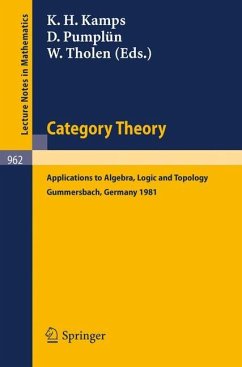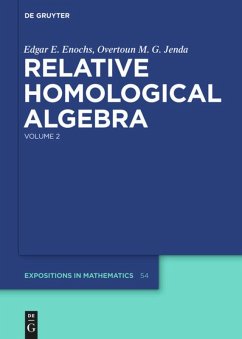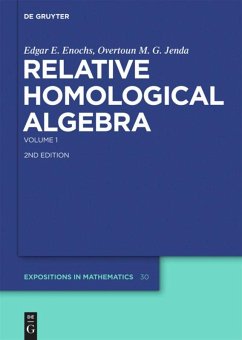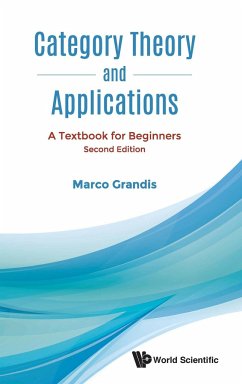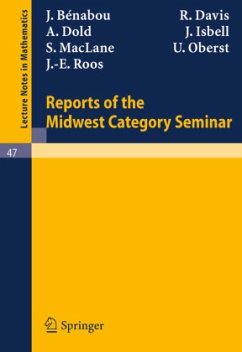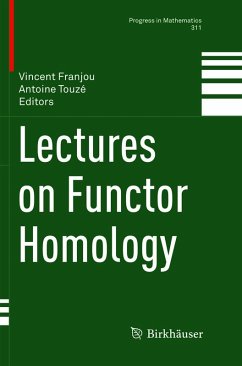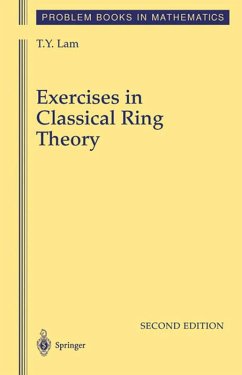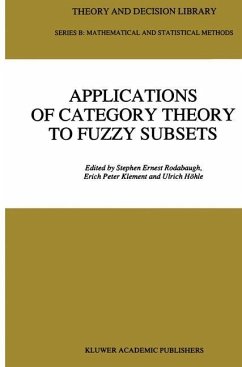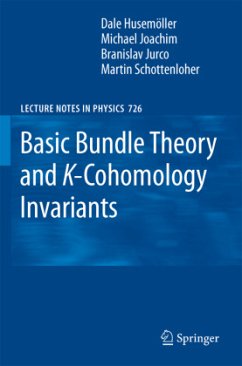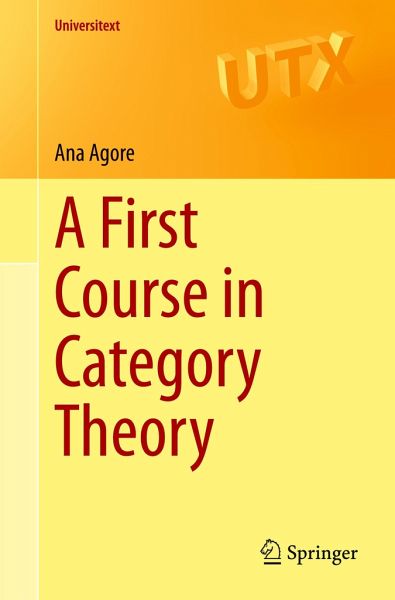
A First Course in Category Theory

PAYBACK Punkte
21 °P sammeln!
This textbook provides a first introduction to category theory, a powerful framework and tool for understanding mathematical structures. Designed for students with no previous knowledge of the subject, this book offers a gentle approach to mastering its fundamental principles.Unlike traditional category theory books, which can often be overwhelming for beginners, this book has been carefully crafted to offer a clear and concise introduction to the subject. It covers all the essential topics, including categories, functors, natural transformations, duality, equivalence, (co)limits, and adjuncti...
This textbook provides a first introduction to category theory, a powerful framework and tool for understanding mathematical structures. Designed for students with no previous knowledge of the subject, this book offers a gentle approach to mastering its fundamental principles.
Unlike traditional category theory books, which can often be overwhelming for beginners, this book has been carefully crafted to offer a clear and concise introduction to the subject. It covers all the essential topics, including categories, functors, natural transformations, duality, equivalence, (co)limits, and adjunctions. Abundant fully-worked examples guide readers in understanding the core concepts, while complete proofs and instructive exercises reinforce comprehension and promote self-study. The author also provides background material and references, making the book suitable for those with a basic understanding of groups, rings, modules, topological spaces, and set theory.
Based on the author's course at the Vrije Universiteit Brussel, the book is perfectly suited for classroom use in a first introductory course in category theory. Its clear and concise style, coupled with its detailed coverage of key concepts, makes it equally suited for self-study.
Unlike traditional category theory books, which can often be overwhelming for beginners, this book has been carefully crafted to offer a clear and concise introduction to the subject. It covers all the essential topics, including categories, functors, natural transformations, duality, equivalence, (co)limits, and adjunctions. Abundant fully-worked examples guide readers in understanding the core concepts, while complete proofs and instructive exercises reinforce comprehension and promote self-study. The author also provides background material and references, making the book suitable for those with a basic understanding of groups, rings, modules, topological spaces, and set theory.
Based on the author's course at the Vrije Universiteit Brussel, the book is perfectly suited for classroom use in a first introductory course in category theory. Its clear and concise style, coupled with its detailed coverage of key concepts, makes it equally suited for self-study.





